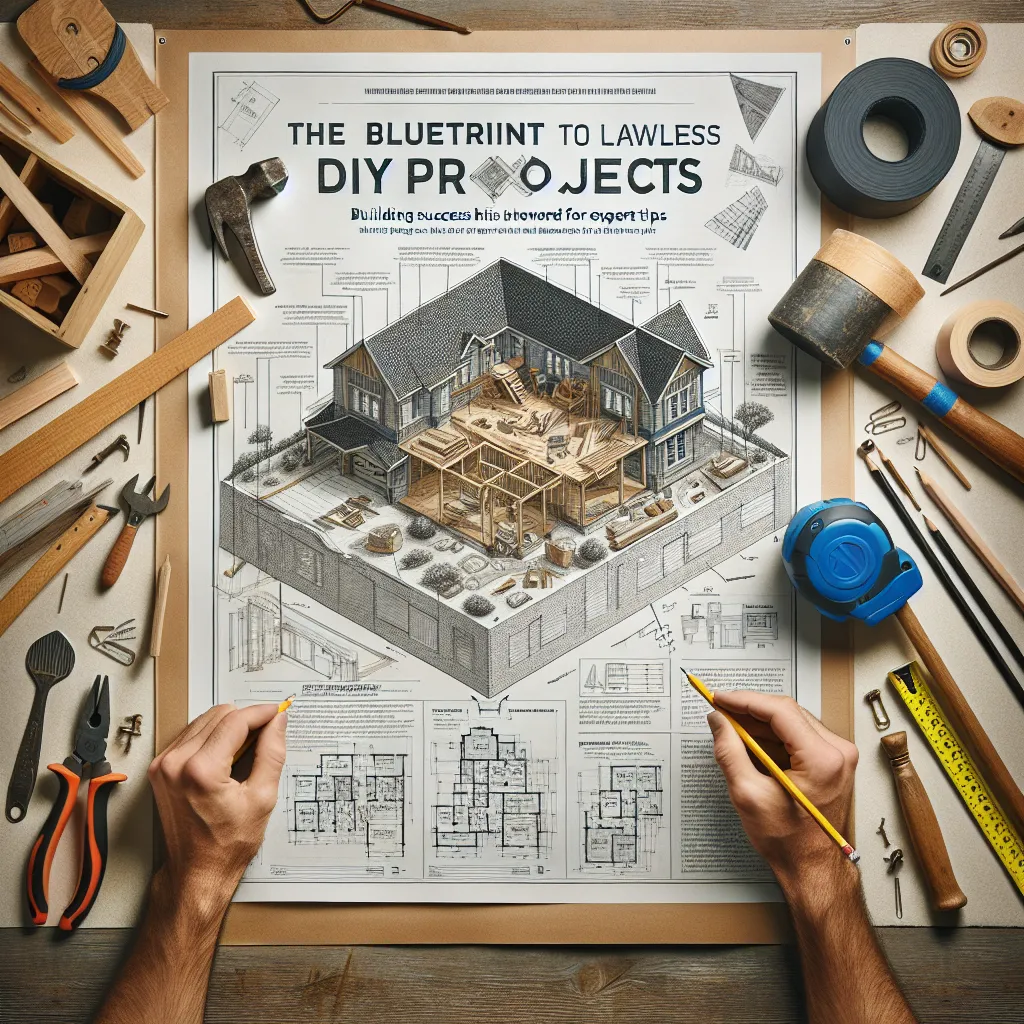Embrace the Power of Planning
Before diving headfirst into your project, spend time strategizing. Identify the materials you need, estimate the time required, and draft a step-by-step plan. This pre-construction phase is crucial in preventing mistakes and ensuring a smoother execution process. It will also help you anticipate potential challenges and devise solutions in advance.
Invest in Quality Tools
High-quality tools are a fundamental component of successful DIY projects. They provide precision, durability, and ease of use, contributing to a more efficient work process and superior results. While it may seem like a significant initial investment, it will pay off in the long run by reducing the risk of mishaps and the need for replacements.
Prioritize Safety
While enthusiasm is a great motivator in DIY projects, never compromise your safety. Always wear appropriate protective gear, such as goggles and gloves, and ensure your workspace is well-lit and uncluttered. Familiarize yourself with the safety instructions of every tool and never hesitate to ask for help if you're unsure about a certain task.
Master the Art of Patience
DIY projects require patience. Whether it's waiting for paint to dry or for glue to set, rushing through stages can lead to subpar outcomes. Patience also applies to the learning process. If you're new to DIY, don't expect perfection right away. Instead, view each project as a learning opportunity and aim for gradual improvement.
Stay Open to Learning
The DIY world is vast and constantly evolving. Stay open to learning new techniques, experimenting with different materials, and updating your tool arsenal. Platforms like YouTube and DIY blogs are great resources to broaden your knowledge and skills.
Conclusion
While DIY projects can seem overwhelming initially, with proper planning, the right tools, an emphasis on safety, patience, and a willingness to learn, you can undertake and successfully complete DIY tasks with professional-level results. Remember, every craftsman was once a beginner. Don't be disheartened by initial hiccups. Instead, view them as stepping stones in your DIY journey.
